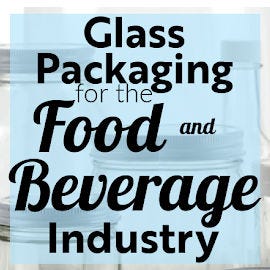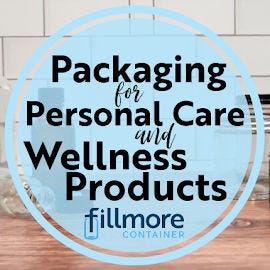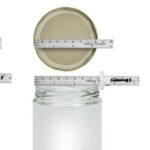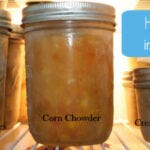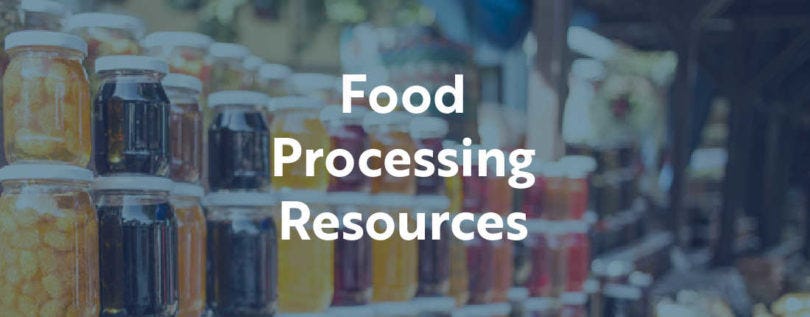
Food Processing Resources
So you Want to Sell Your Food Product?
Here are a few important considerations before making a large investment in ingredients, packaging or labeling:
What guidelines/requirements will you need to meet?
- Check with your Local, State & Federal agencies and even the particular venues where you wish to sell. Be as specific in your inquiry as possible to avoid having to re-work formulations, labeling or re-applying. Whole Foods Market, for example may have a different set of requirements for packaging or sourcing and labeling than your local weekend market or corner store. If you’re thinking big…you may want to start out considering the requirements that you would need to follow so your business can grow. It is sometimes easier to start out adhering those stricter guidelines than having to change your process, product or packaging down the road.
- Understand more about a HACCP Plan and how to get started with the process here.
- Find out what Processing Authorities options are available to you, and if you have a choice, which one will be the best fit for your initiative. Check out the Food Processing Authorities Directory. We have heard good things about the Cornell Food Venture Center and Aardvark Associates.
- U.S. Food and Drug Administration (FDA) regulations in 21 CFR 108, 113, and 114 require that acidified and low acid food manufacturers operate with a certified supervisor on hand at all times during production. The Better Processing Control School (BPCS) meets U.S. Department of Agriculture’s (USDA) Food Safety and Inspection Services (FSIS) regulations 9 CFR 318.300 and 381.300 for shelf stable, thermally processed meat and poultry products. The Better Process Control School (BPCS), presented virtually online, is a program designed for manufacturers of shelf stable, acidified and low acid foods (including pet foods.)
Get Certified with Penn State!
Penn State regularly offers classes as valuable resources to aid those in recipe development and the food & beverage industry.
The Penn State Better Process Control School is available LIVE ONLINE (virtual) morning sessions on March 27-28 (acidified certificate) and March 27 – April 5 (low acid and aseptic certificate).
This BPCS satisfies the training requirements specified in both the FDA and USDA regulations.
This year’s online/virtual course includes the required courses to receive the acidified, retort, and aseptic certification. The course manual is Canned Foods: Principles of Thermal Process Control, Acidification, and Container Closure Evaluation, 9th Edition. Consumer Brands Association. 2021. Aseptic certification offered at no extra cost!
Register at the links above, or contact Dr. Luke Laborde at lfl5@psu.edu or 814-863-2298 for more course details.
What are your options regarding the processing and packaging?
- Get familiar with the different styles of jars, their finishes and the lids that work with them, in addition to how individual lids were designed to perform. The more you understand about your packaging, the more prepared you’ll be when determining which one will best fit your needs. Some of our posts will shed some light on the important differences and why those details matter. If you do not already have a full understanding of food packaging terms we would highly recommend some of these posts: “Do I Need a Button Lid?” explains the purpose of these lids and when/why they should be used. “Choosing the Best Commercial Canning Lids for Your Product” highlights the specific characteristics of our lids so that you may more easily determine which are viable options for your process. Are Shrink Bands required? Learn more about what they offer here. If you come across a term that is new to you, our Glossary may be of help.
- What labeling limitations or requirements do you have? Most of our jars have measurements that will give you the available label area. Be sure that you’re understanding the measurements and how they will impact the performance of your label. For example: tapered jars will not accept rectangular labels that wrap all the way around the jar; and require customer design to fit the particular jar’s dimensions. Be aware of the placement of embossed or debossed designs on the jar.
- Those involved in the granting of Process Authority Letters are not representatives of the packaging manufactures. Their main goal is to determine the safety of your recipe & process as it relates to food quality, pH, water activity, micro-organisms, and other processing factors.
- It can be very helpful to discuss your intentions with someone who knows the characteristics and limitations of the packaging that you wish to use. Our customer service team will be able to explain which jars or bottles could be suitable for the various types of processing that you may use. Sometimes the process that is required from your process authority may not be compatible with the type of jar that you wanted. Unfortunately, all styles of jars & bottles are not available in lug, CT and PT finishes. There are some processes that are approved by process authorities, but are not approved by agencies such as the NCHFP. In an abundance of caution, we make a habit of putting in print mostly practices that are approved for home use. However, we are able to discuss processes that align with commercial processes, and products that were designed for a wider range of applications such as processes that may be approved by your process authority.
- You’ll find basic, valuable information about jars and bottles in our FAQ section. As well as how to measure jars and lids for the perfect match.
Classes and Workshops
Here are some of the agencies worth checking into if you have questions on getting started in the application process, or if you have interest in participating in classes or workshops that are designed for you.
Central
- https://www.chhs.colostate.edu/fshn/outreach-and-engagement/food-processing-support-services/
- https://fpc.unl.edu/product_development
- https://foodsafety.wisc.edu/
East Coast
Having taken the “Principles of Thermal Process Control, Acidification & Container Closure Evaluation” class, though the Process Authority of University of North Carolina, we would highly recommend it. We believe that the more you understand about the processing and the science that goes into making a good product, the better YOUR product will be!
If you are located in Pennsylvania. Our friends at Pennsylvania Association for Sustainable Agriculture are a great resource for connecting with local grown produce and other food sources connect with them here.
Kitchen Space
Find Kitchen Spaces to work in here.
